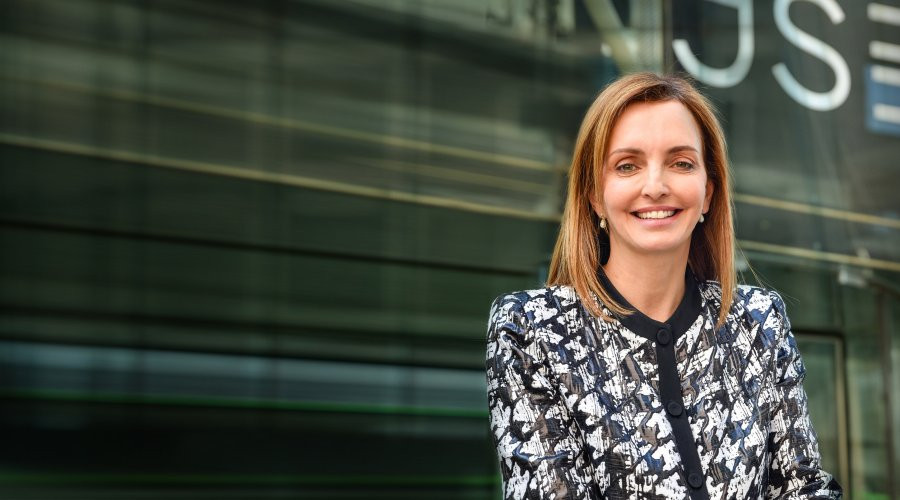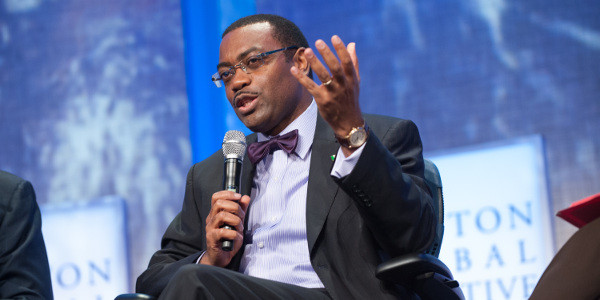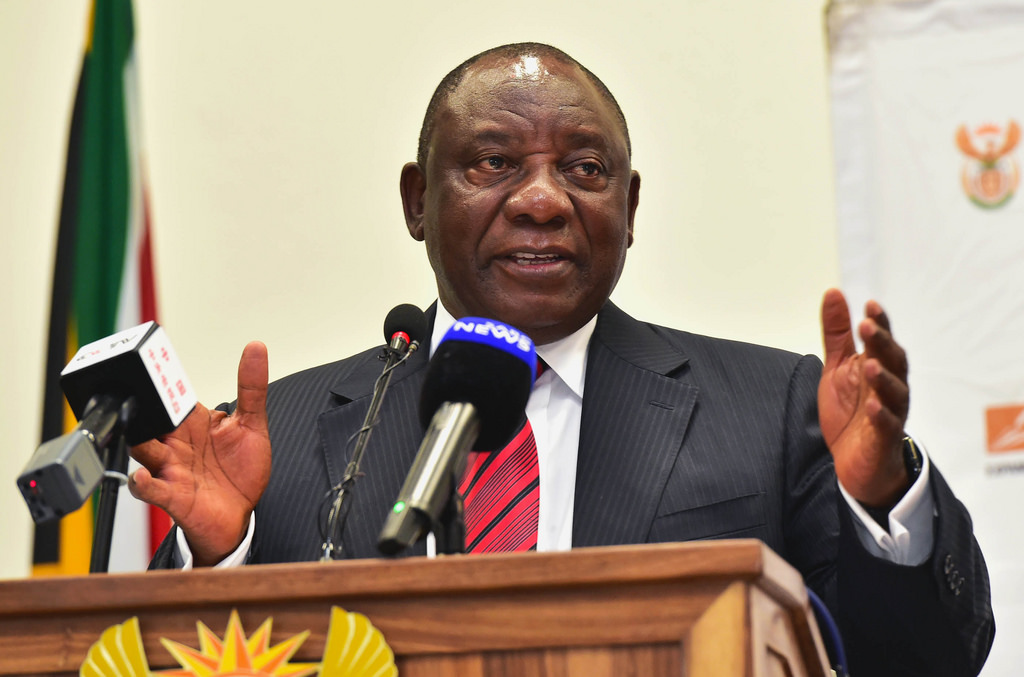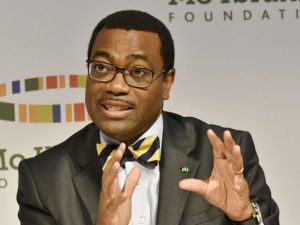Charles Abuede
After an initial prediction in its June outlook that global gross domestic product (GDP) will plunge by 4.6 percent this year, Fitch Ratings has revised its forecast slightly to 4.4 percent in a new outlook just released.
In the latest Global Economic Outlook (GEO) for September 2020, the rating agency stated that the recent return of economic activities after the record coronavirus-related recession in March and April has been swifter than anticipated, and that it expects the pace of expansion to moderate soon.
Brian Coulton, Fitch Ratings chief economist, while commenting on the frontier markets and major economies, said “China has already regained its pre-virus level of GDP and retail sales in the US, France and the UK now exceed February levels, but we doubt this will become the much-lauded ‘V’-shaped recovery. Unemployment shocks lie ahead in Europe, firms are cutting CAPEX, and social distancing continues to directly constrain private-sector spending.”
US economy expected to contract by 4.6 per cent in 2020
On the major economies in the world, Fitch said it expects the US economy to contract by 4.6 per cent in 2020 compared to its earlier 5.6 per cent forecast in June, while China is estimated to grow by 2.7 per cent compared to 1.2 per cent three months ago. The global rating company said the revisions, however, have been partly offset by cuts to its 2020 GDP forecast for the eurozone to -9 per cent from the initial -8 per cent, the United Kingdom revised to -11.5 per cent from the earlier -9 per cent and the emerging markets excluding China was revised to -5.7 per cent from -4.7 per cent due to the enormous change in its forecast for India to -10.5 per cent from -5 per cent for the fiscal year ending March 2021.
With the world GDP falling by 8.9 per cent year on year and many economies witnessing falls in output of a fifth or more, official data have shown the severity of the economic dislocation in the second quarter of 2020. Meanwhile, the UK, India, France, Italy and Spain stand out having witnessed stringent and lengthy lockdowns during the last quarter (Q2) which saw mobility levels fall very sharply.
Fiscal policy easing to help offset weakened private demand
Additionally, Fitch further revealed that fiscal policy easing announcements since June will help offset the weakness in private demand as a moderate pace of recovery across economies from late 2020 is imminent. Fitch chief economist hinted that “We still see the recovery path being decidedly ‘swoosh’-shaped. Off the back of a two-month recession, we think it will take 18 months from the low-point in April for the US to get back to 4Q19 GDP and 30 months in the eurozone”
It also noted that as Emerging Markets (EMs) are in countless ways faced with tougher economic challenges from the pandemic given more-limited social safety nets and healthcare capacity as well as less span for insistent macro policy easing, many EMs now face economic contractions on a scale comparable to or larger than those seen in the eurozone despite much higher underlying growth rates.
According to Fitch, the easing in global credit conditions following massive central bank liquidity injections in the first half of the year has provided some relief.
The Fitch global economic forecast observes that a return to highly stringent countrywide lockdown measures to virus containment might be a downside risk as the approach could prompt renewed declines in GDP, although likely on a more limited scale than




